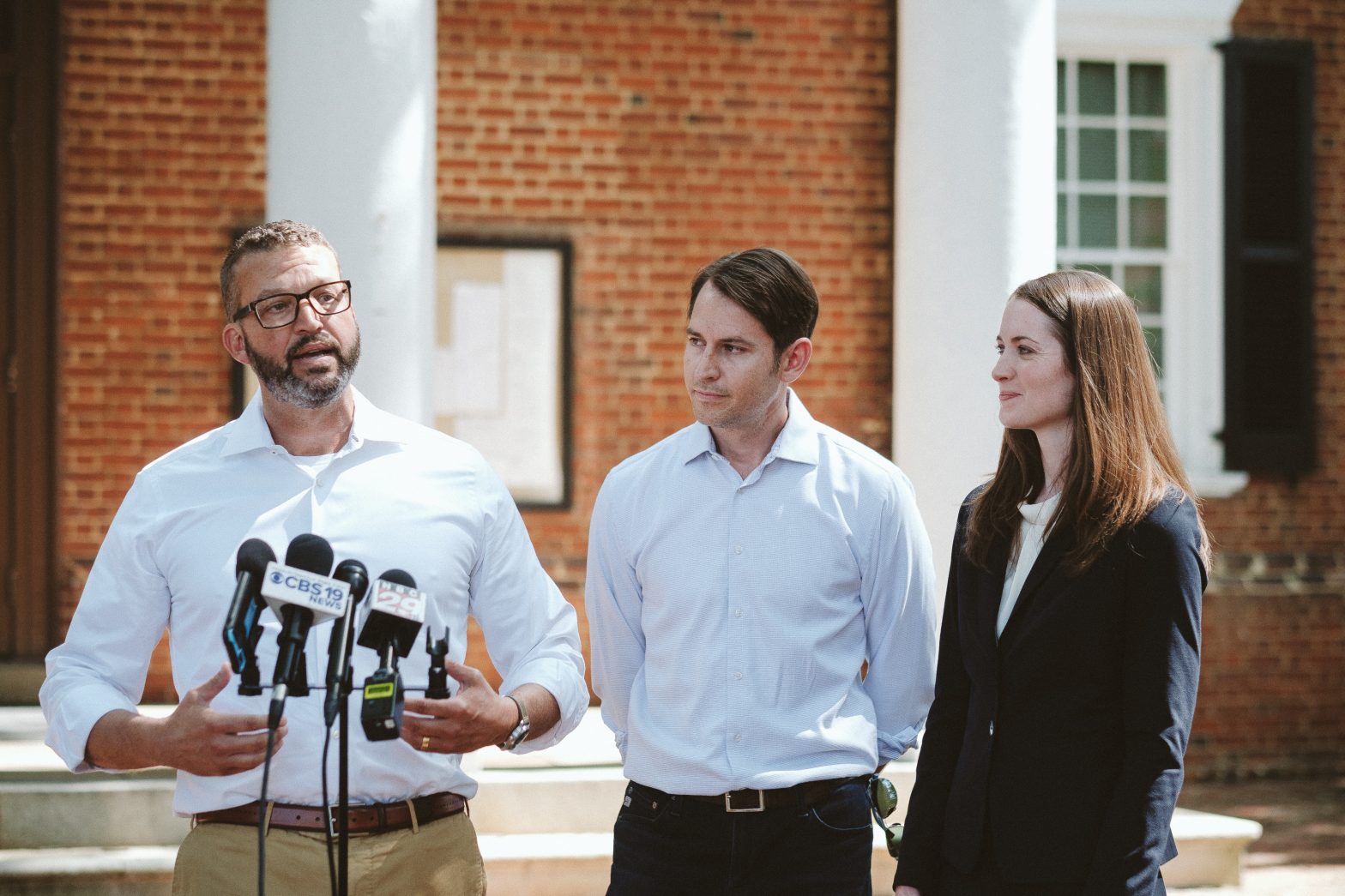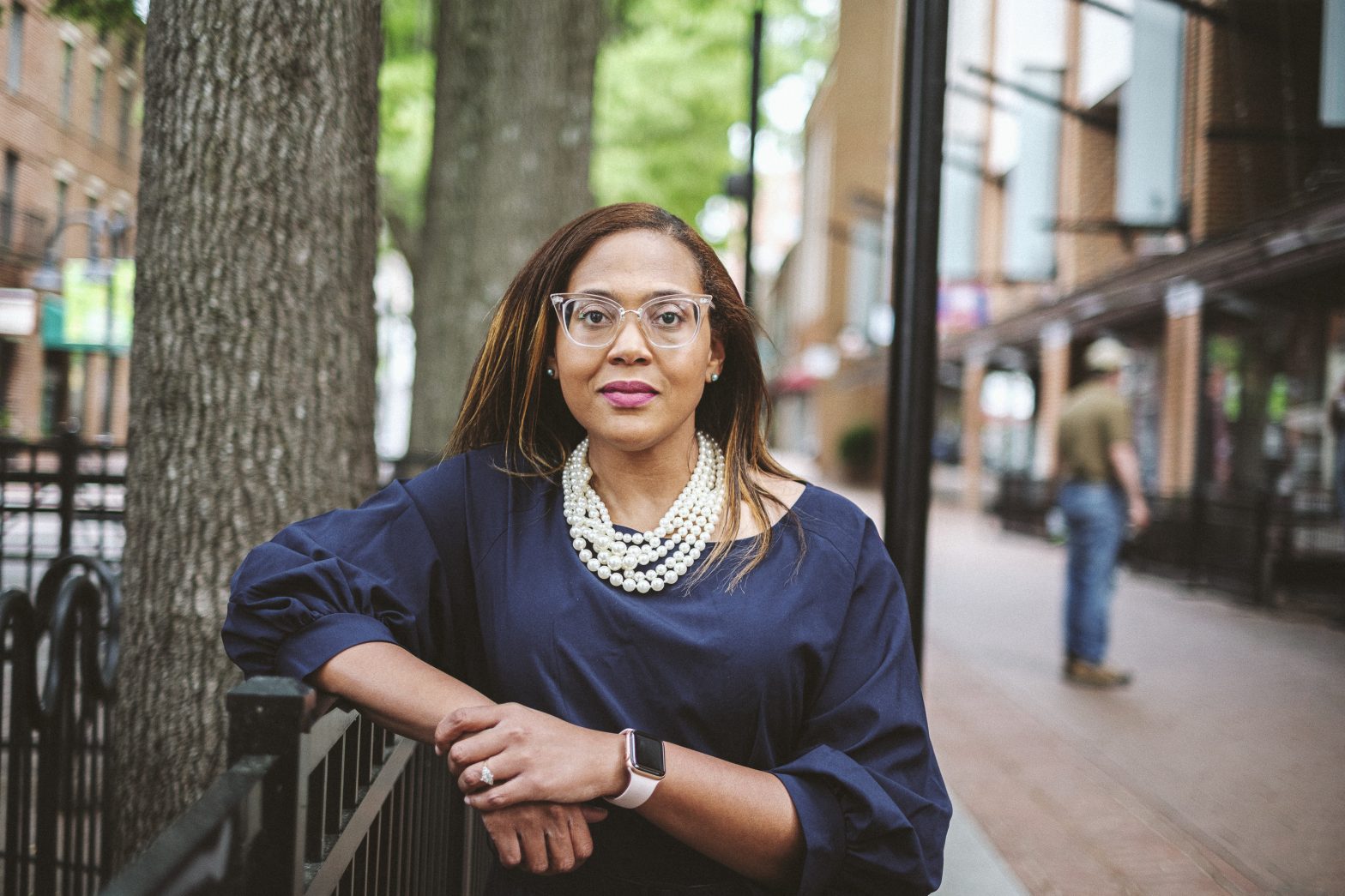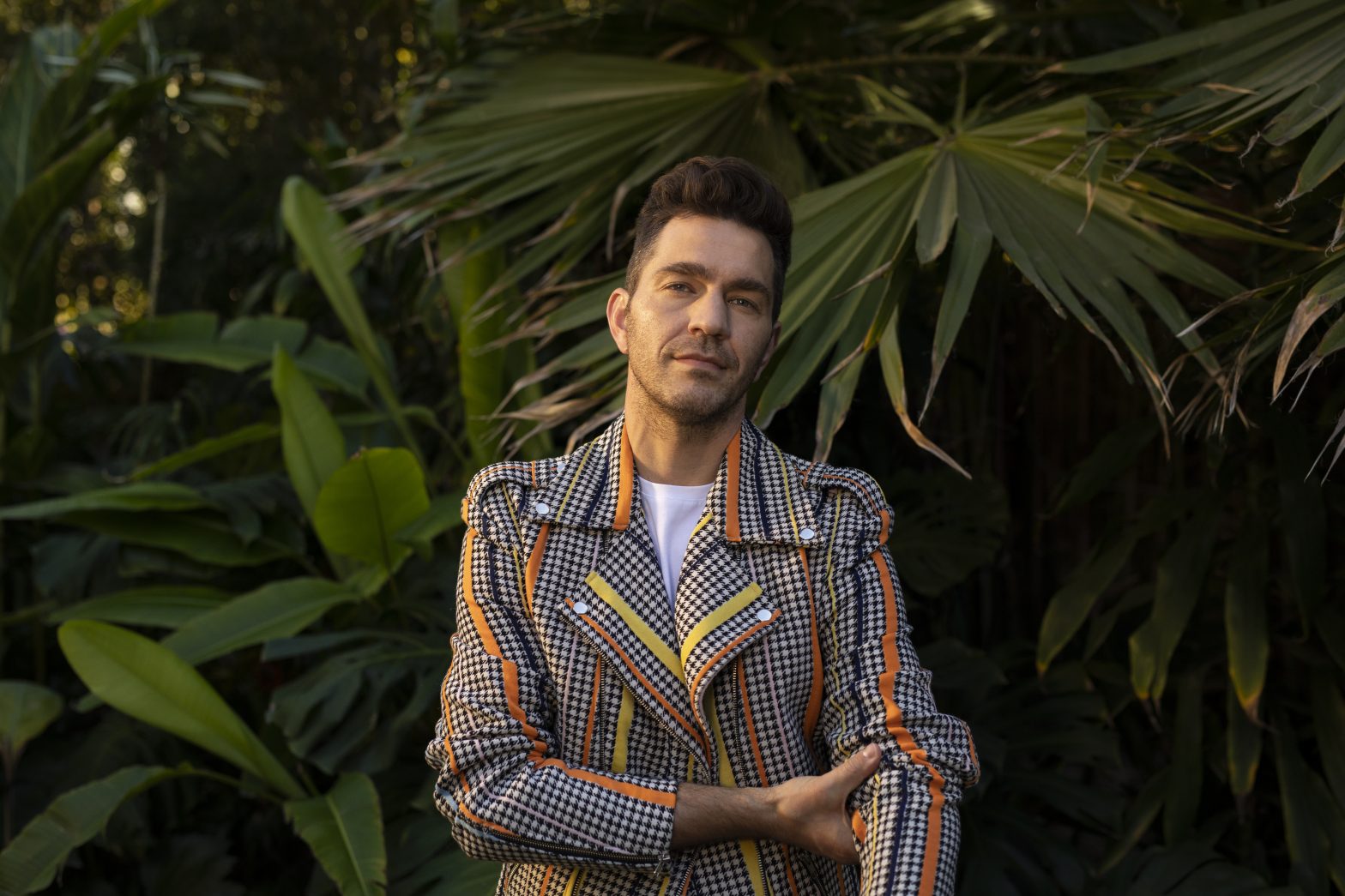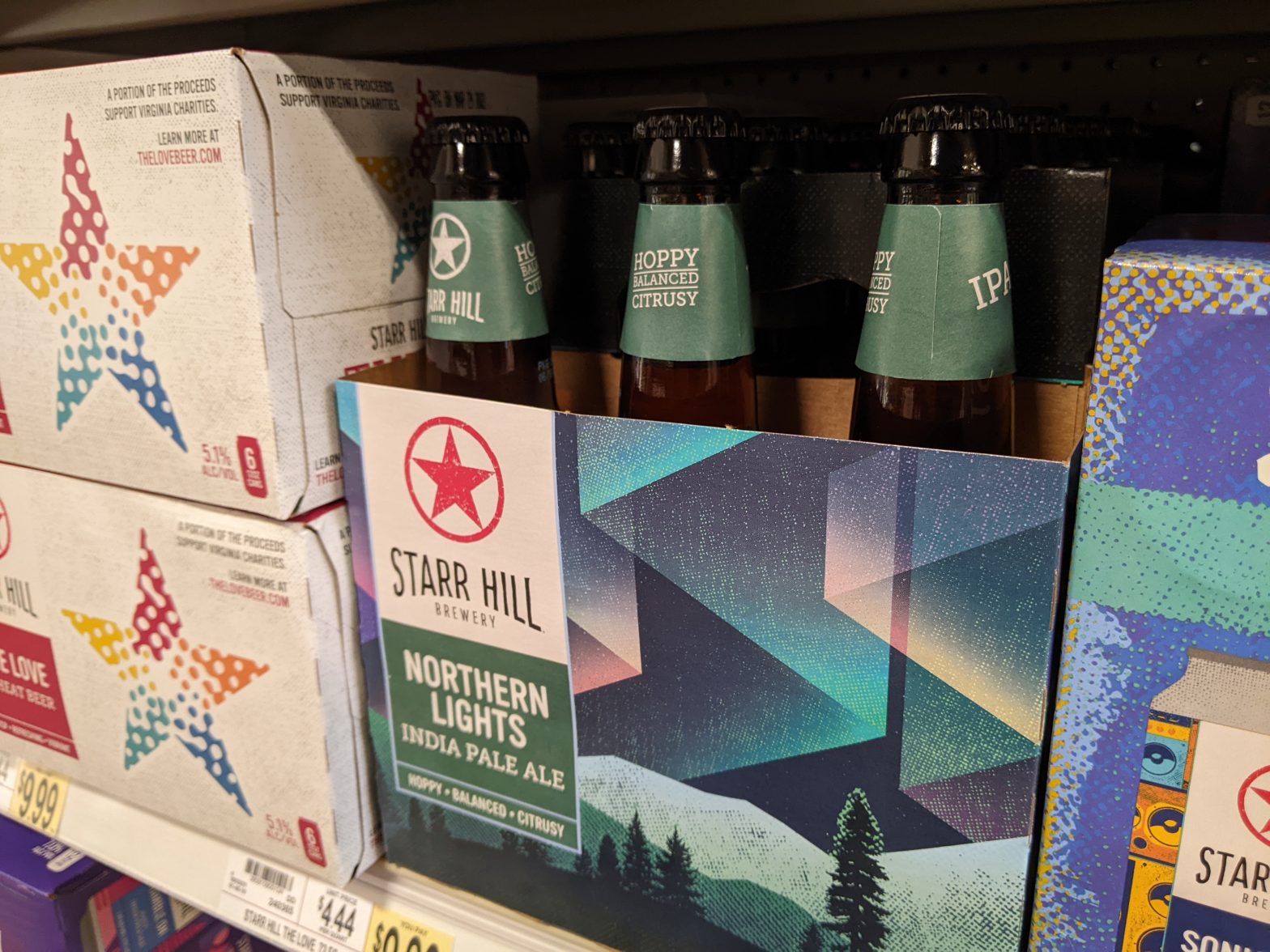Tax victory
Last week the Virginia Supreme Court upheld Charlottesville Circuit Court’s decision that said the city cannot require freelance writers to pay its business license tax. As a result of the ruling, local freelance writer Corban Addison, who filed the lawsuit against the City of Charlottesville, will receive a tax refund for the $2,461.23 he did not have to pay.
“If a city wants to tax its citizens, the law must be clear,” said attorney Renée Flaherty of the Institute for Justice, which represented Addison, in a press release. “Writers aren’t running businesses, and Charlottesville can’t tax them like they are.”
Since 2018, the city has subjected writers to its business license tax. In 2019, Addison sued the city after receiving a letter telling him he needed to pay thousands of dollars in taxes dating back to 2015—he claimed the city’s business license tax ordinance did not specifically list authors as a taxable occupation, so freelance writers had no idea the tax applied to them.
The city argued that Addison provided a “service or business” to his publisher, and any “business, employment, or profession located or conducted in the city”—unless specifically exempted—was subject to taxes. Last year, the Charlottesville Circuit Court agreed with Addison that the ordinance did not clearly define a “business service,” and that his business did not fall under the ordinance’s “catchall provision.” The city appealed the decision, taking the matter to the state Supreme Court, which heard the case in April.
According to IJ Communications Project Manager Conor Beck, the city has until June 19 to file a petition for a rehearing. After that, IJ will move forward with an identical lawsuit filed by local author John Hart against Albemarle County in 2019.
“We will bring the decision to the attention of the Circuit Court judge in John’s case (who conveniently is the very same circuit court judge Corban had). Then it’s just an open and shut case,” said Beck in an email. “There’s no feasible way for the county’s tax to stand when the city’s didn’t.”
Former CPD chief exposes city insurrectionist
After the House select committee investigating the January 6, 2021, insurrection held its first televised hearing last week, former Charlottesville police chief RaShall Brackney claimed that a city employee was among the thousands of Trump-supporting rioters who stormed the U.S. Capitol. In Tweets made last Thursday and Friday, Brackney said former assistant police chief Jim Mooney—who retired in October—investigated the employee, who later showed Mooney photos and claimed he was “invited in” to the Capitol. Mooney ultimately determined that “participating in an insurrection was not a ‘crime’ but a ‘personnel’ matter,” and took no action against the employee, alleged the former chief.
Brackney tweeted that she turned the investigative file over to the FBI in Richmond. Before former city manager Chip Boyles fired Brackney in September, the city employee had not been fired or charged, she claimed.
According to information acquired through a Freedom of Information Act request provided to C-VILLE by local resident Sarah Burke, 10 Charlottesville police officers used requested and preapproved annual leave—such as vacation days—from January 5 through 7 in 2021. An additional seven officers used family and medical or sick leave on those days.
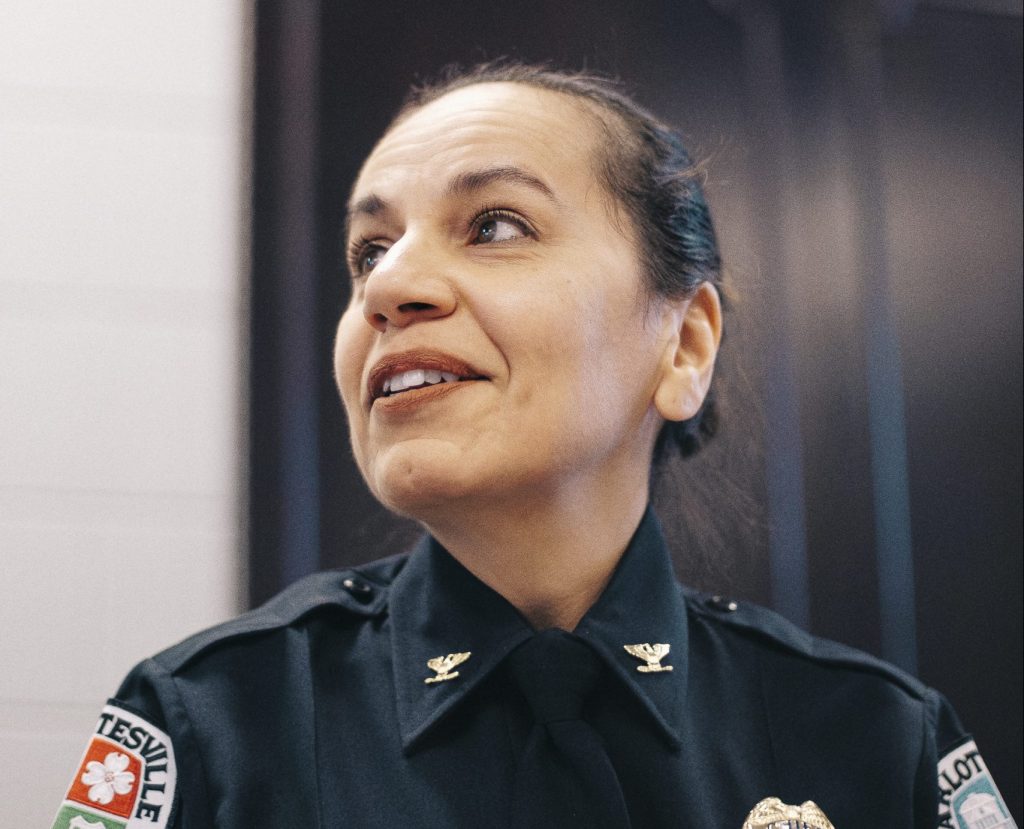
In brief
(More) redistricting lawsuits
After a lawsuit seeking to force Virginia to hold House elections this fall under newly redrawn district maps was dismissed by a federal court, Virginia author Jeff Thomas filed a similar federal lawsuit last week. Both Thomas and former Virginia Democrat Party chair Paul Goldman—who filed the first lawsuit last year—claim the 2021 House elections were unconstitutional because they were held under the old maps, due to delayed 2020 census results. Albemarle County Board of Supervisors chair Donna Price and local nurse Kellen Squire are running for the Democratic nomination in the new 55th House District, most of which was once the 58th District that’s been represented by Republican Rob Bell for decades.
No union bagels
In an 8-5 vote, employees at Bodo’s Bagels’ Corner location rejected unionizing last Thursday. In May, eight of the shop’s 14 employees presented signed union cards to management, in an effort to improve wages, benefits, and overall working conditions.
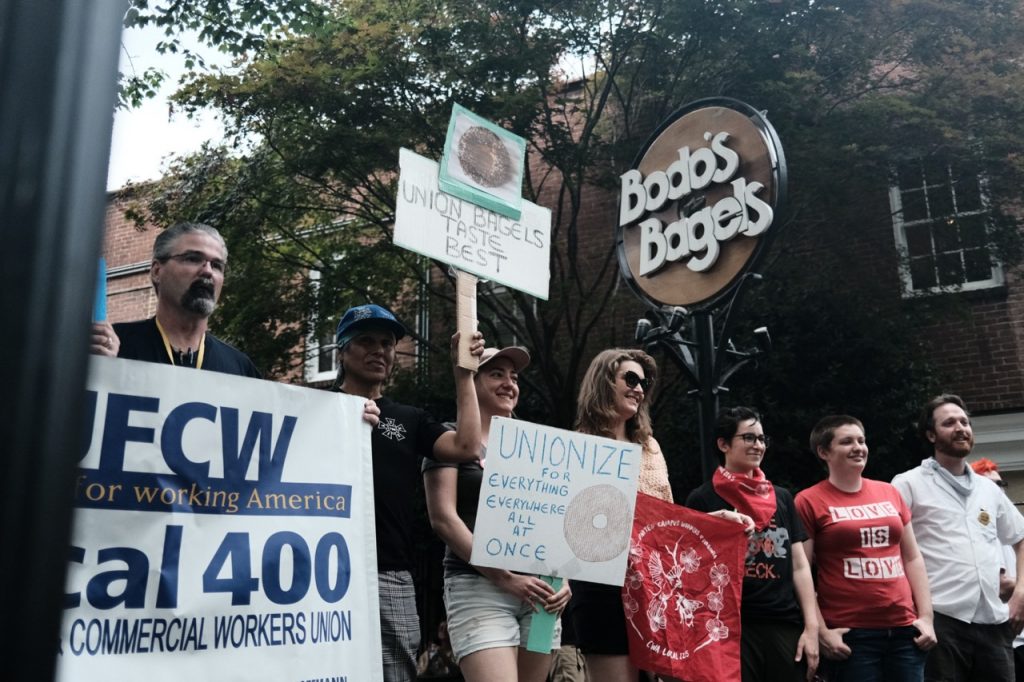
Defund JMRL?
Jefferson-Madison Regional Library could lose nearly $400,000 in funding if it changes its name, according to a resolution unanimously passed by the Louisa County Board of Supervisors last week. The Reclaimed Roots Descendants Alliance has called on JMRL to change its name to one that does not honor enslavors. However, the Louisa supes threatened to withdraw the county’s funding if the library system does not keep its name. The library board of trustees plans to discuss a potential name change at its June 27 meeting.
